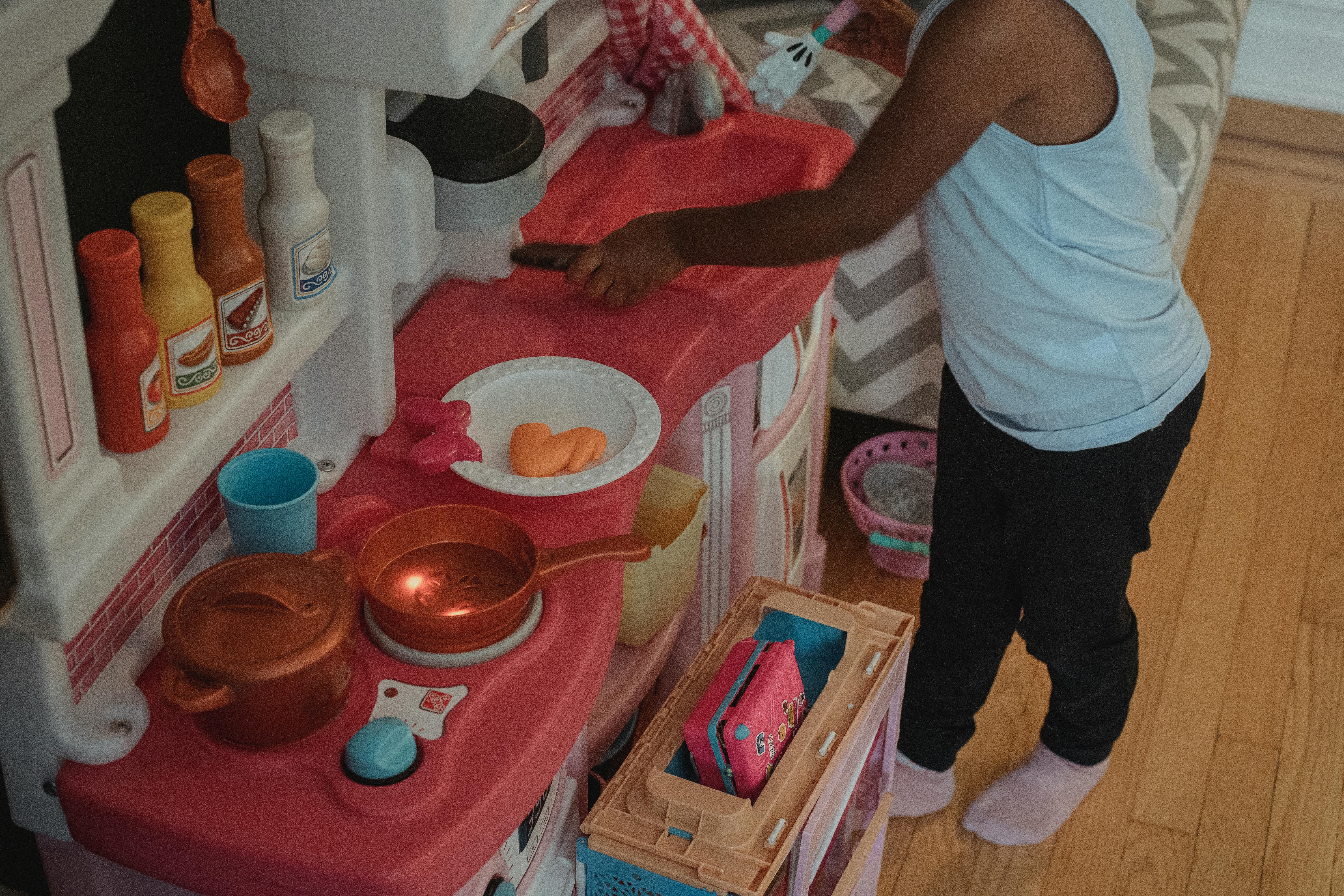Dental hygiene doesn’t get any easier just because you have partial dentures. In fact, regular cleaning is vital to limit buildup and prolong the life of these dental enhancements.
1. Be careful not to drop them.
Daily cleaning becomes a routine, so it is important to take certain precautions on a daily basis. Partial dentures are designed to last, but not to withstand impact. When dropped on the floor or in a sink, partials can easily chip or damage. Even a relatively short drop onto a countertop can cause damage that affects fit and comfort. Because babbling tends to happen when you least expect it, it’s a good idea to lay a towel on the counter or fill the sink with water every day.
2. Use warm water and soft brushes.
It’s easy to go overboard when scrubbing and cleaning partial dentures, especially if the previous cleaning was inadequate. Still, water that is too hot can cause warping that alters the shape and fit. Warm water is good for removing food after each meal. Daily brushing is also a good idea, but some new users become overzealous. A toothbrush with soft bristles is great, and there are also soft brushes made specifically for denture care. As your dentist has probably told you over the years, harsh brushes and excessive scrubbing can wear down the enamel on your natural teeth. Similarly, harsh bristles or aggressive scrubbing can gradually wear away the protective layers of your artificial replacements.
3. Avoid toothpaste.
When a beginner first learns about daily cleaning and care, a common impulse is to reach for toothpaste. After all, they look and function like teeth, right? Not quite. Conventional toothpaste is too abrasive and can accelerate wear, as can aggressive brushing. Acrylic is not as strong when exposed to the chemicals in regular toothpaste. On the other hand, a more appropriate and specially formulated toothpaste is available. For most people, warm soapy water is adequate for a quick cleanup during the day. The actual removal of buildup can wait until the overnight soak.
4. Follow soaking recommendations.
All kinds of tablets and cleansers are available for overnight soaking. As with the rinse, be careful not to use water that is too hot or boiling. The choice of a suitable tablet depends on the manufacturer. Some brands and types have completely different recommendations, and it’s not a one-size-fits-all question. Effervescent tablets can loosen plaque buildup and even remove minor stains much more safely than rubbing, but you don’t want to risk using something that could damage your partial dentures. After a soak, be sure to rinse with warm water to remove chemicals and bad taste.
Be sure to ask questions about the correct soaking options and ask about other manufacturers’ recommendations. After several years, it may still be necessary to get a new set, but daily care is essential to maximize the life and maintain the appearance of your partial dentures.



